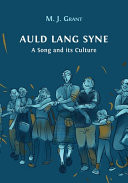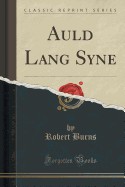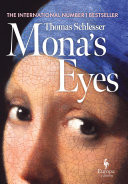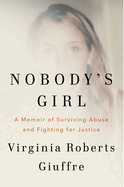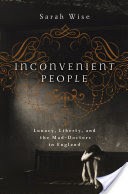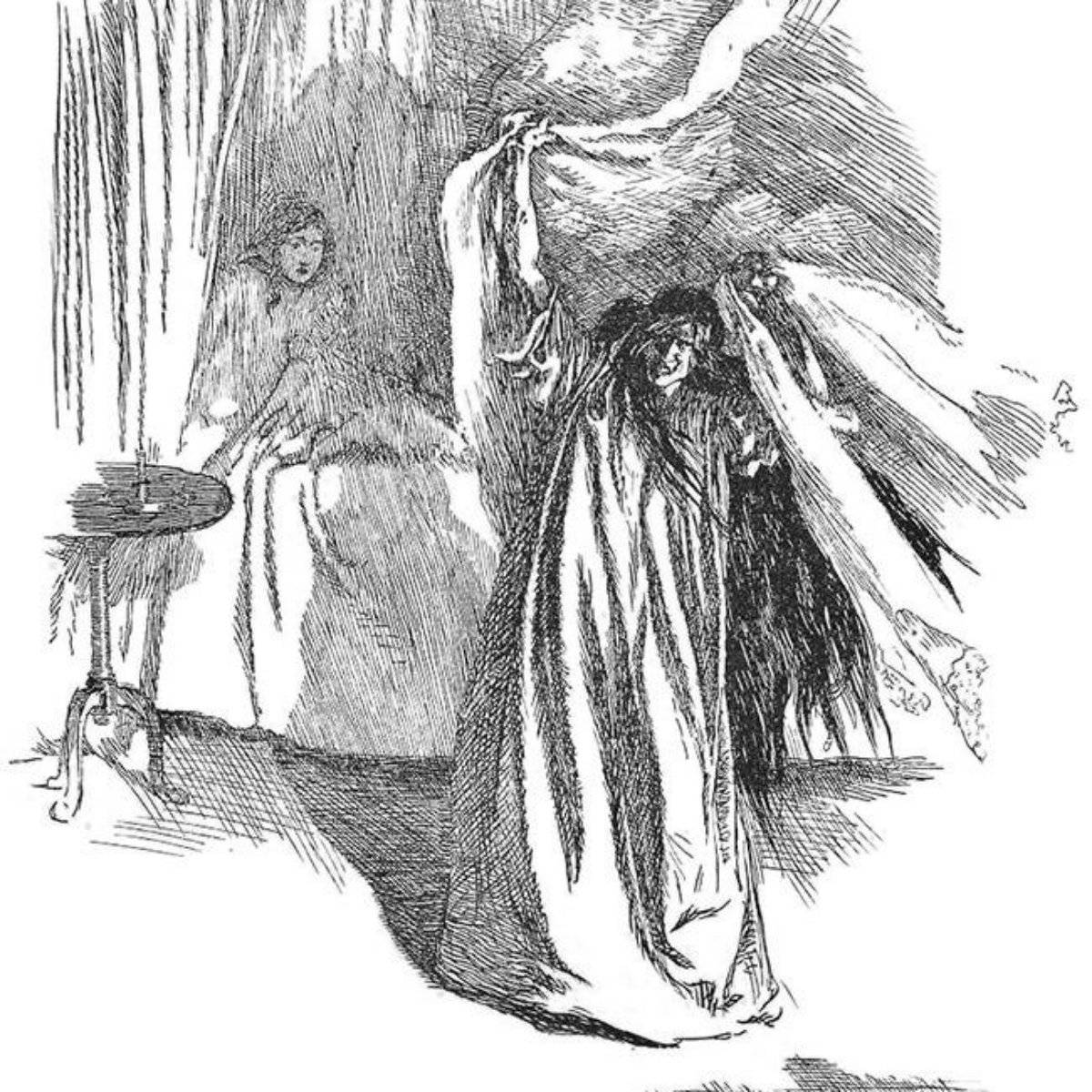
I saw Sarah Wise give a talk on Victorian “madness“ diagnoses and incarcerations on Wednesday. It was fascinating and painted a picture quite different from what I (and she) had thought. Must read the book now! (She touched on famous literary examples from Wilkie Collins and Charlotte Bronte)
Kalalalatja Sounds great! 6y
JazzFeathers It does sound very interesting. Incidente, l've recently read two novels, both set in the 1910s, addressing this matter. It's quite upsetting thinking about it. 6y







